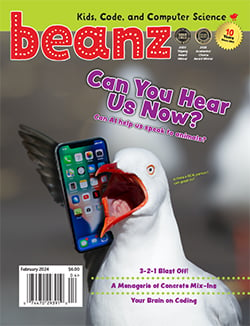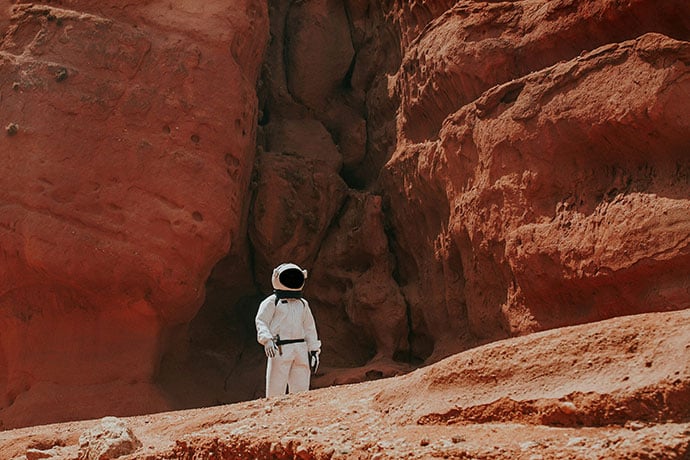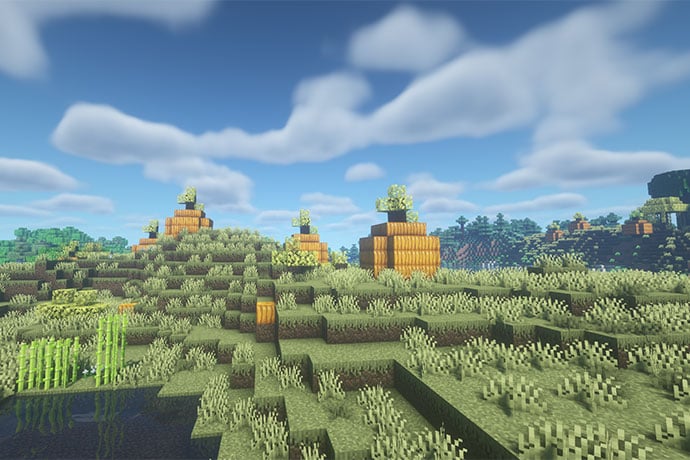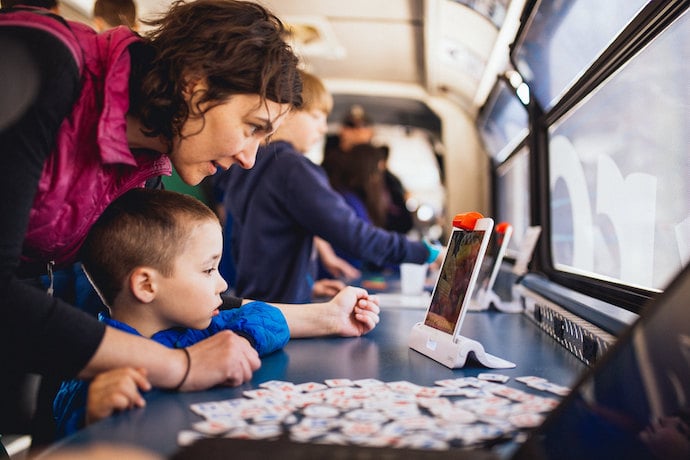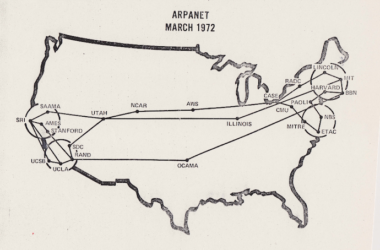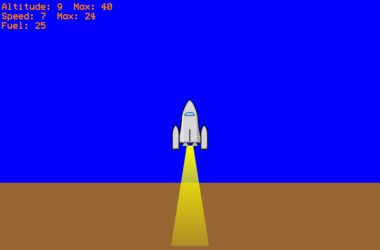When someone writes software, who owns the code?
That might seem like a weird question: if I wrote a program isn’t it my code?
It is! But sometimes it isn’t.
Often I link to software repositories on GitHub, where you can find the source code for cool examples or tutorials. If you download code you find under https://github.com/clarissalittler are you stealing from me?
Actually yes, you are, this was a sting operation and you’re under arre—
No, no, no. We’d never encourage thievery or other shenanigans here, so obviously something else is up.
You can imagine that if you’re downloading source code someone made publicly available this means they intend to share it. Software where the code is made available for everyone to see and share is called “open source software”. Open source software is awesome, but being open source opens (ehh??) up a whole mess of questions! We need to define what sharing means in the first place.
Are you allowed to just copy software and claim it’s your own? What if you change it somehow? Are you allowed to claim it as your own or do you also have to credit the original author? What if you use the code you find to make some really cool game that you want to sell? Do you owe them money for including their code?
To answer all these questions, people include licenses with their open source code. Licenses are standardized legal-ish documents that describe precisely what you’re allowed to do with the code. For example, here’s the template for the MIT License, which is one of the most common open source licenses:
Copyright (c)
Permission is hereby granted, free of charge, to any person obtaining a copy of this software and associated documentation files (the “Software”), to deal in the Software without restriction, including without limitation the rights to use, copy, modify, merge, publish, distribute, sublicense, and/or sell copies of the Software, and to permit persons to whom the Software is furnished to do so, subject to the following conditions:
The above copyright notice and this permission notice shall be included in all copies or substantial portions of the Software.
THE SOFTWARE IS PROVIDED “AS IS”, WITHOUT WARRANTY OF ANY KIND, EXPRESS OR IMPLIED, INCLUDING BUT NOT LIMITED TO THE WARRANTIES OF MERCHANTABILITY, FITNESS FOR A PARTICULAR PURPOSE AND NONINFRINGEMENT. IN NO EVENT SHALL THE AUTHORS OR COPYRIGHT HOLDERS BE LIABLE FOR ANY CLAIM, DAMAGES OR OTHER LIABILITY, WHETHER IN AN ACTION OF CONTRACT, TORT OR OTHERWISE, ARISING FROM, OUT OF OR IN CONNECTION WITH THE SOFTWARE OR THE USE OR OTHER DEALINGS IN THE SOFTWARE.
Yeah, so fair warning there’s a lot of yelly caps lock in software licenses. Even without law degrees, we can figure out what this basically means: if the software is released under the MIT License, then anyone is allowed to do anything they want with it as long as they include the license and attribution naming the original author.
Some open source licenses are super different though. The GNU Public License (GPL) is one of the more famous ones, mostly for the way it “infects” software. If you include GPL software in your own project then you must make your source code available for free as well! This isn’t a big deal for most of us, but can you imagine what would happen if someone at Apple accidentally include GPL code in OSX?
What happens if you don’t choose a license for your software? Let’s look at this quote from the Choose a License site, made by the GitHub folks:
When you make a creative work (which includes code), the work is under exclusive copyright by default. Unless you include a license that specifies otherwise, nobody else can copy, distribute, or modify your work without being at risk of take-downs, shake-downs, or litigation. Once the work has other contributors (each a copyright holder), “nobody” starts including you.
In other words, if you don’t provide a license for all the cool code you want to share, other people can’t risk using it. That’s why, if you want to be able to be a part of a community of developers, you should make your code open source. So do as I say (and not as I frequently do) and choose a license every time you start a project.
Learn More
The Choose a License Site
Creative Commons is like open source but for artistic things rather than code
You can even make hardware open source!
https://opensource.com/law/15/2/intro-open-hardware-licensing
Clarissa’s license based upon another permissive license
https://github.com/clarissalittler/WTHeckPL/blob/master/LICENSE
